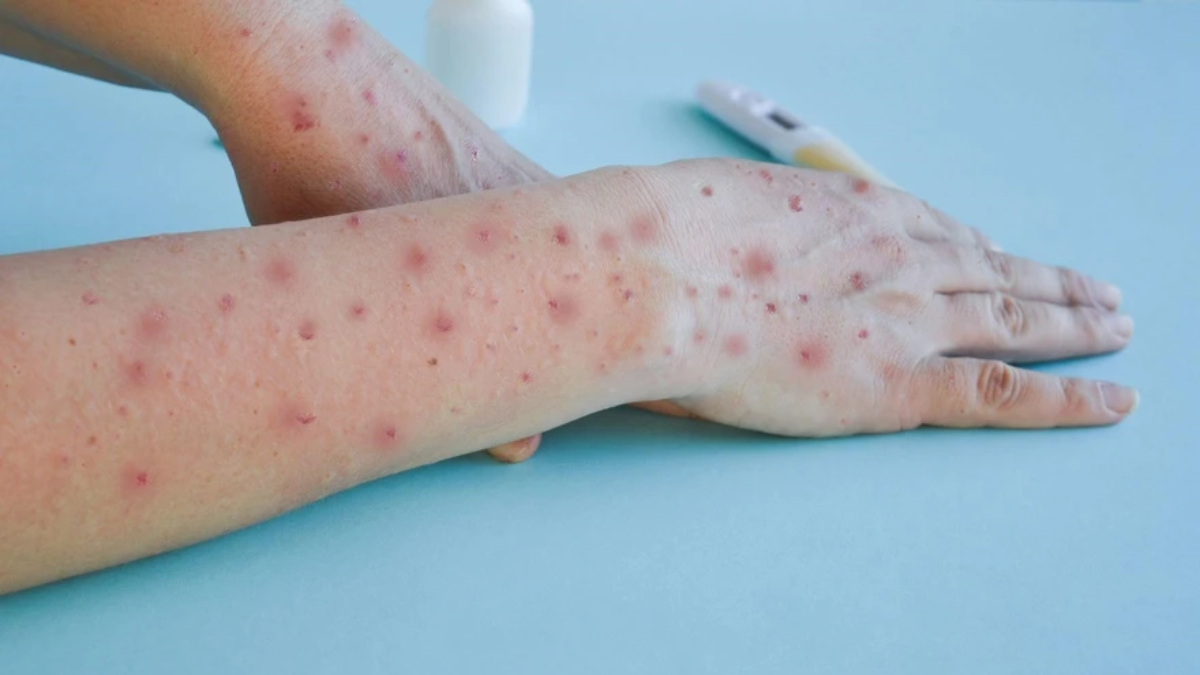The Philippines has reported two additional cases of mpox in Metro Manila, bringing the total number of confirmed cases to 12 since July 2022. Both patients tested positive for MPXV Clade II, the milder strain of the mpox virus.
The Department of Health (DOH) revealed that the 11th case is a 37-year-old male from the National Capital Region (NCR). He began experiencing symptoms on August 20, 2024, which included a distinct rash on his face, arms, legs, thorax, palms, and soles. According to the DOH, “Initial investigation showed that case 11 had no known exposure to any person with similar symptoms, but admitted to close, intimate, and skin-to-skin contact within 21 days before the start of his symptoms.” He is currently receiving treatment at a government hospital.
The 12th case involves a 32-year-old male from NCR who noticed skin lesions in his groin area on August 14, 2024, followed by a fever. The patient initially sought treatment for what was thought to be a bacterial infection before developing pimple-like lesions on his face, forehead, and scalp. He also reported having close, intimate skin contact with a sexual partner. After a skin sample was taken on August 23, he was advised to isolate at home while awaiting results.
Local government units have been informed about the new cases and have the authority to disclose further details and implement response actions as needed.
Health Secretary Teodoro J. Herbosa emphasized the ongoing local transmission of mpox Clade II in Metro Manila, stating, “It is not airborne. Avoid close, intimate, skin-to-skin contact so as not to get mpox. Wash hands with soap and water. Cover your skin.”
Mpox symptoms typically include a rash or mucosal lesions lasting 2–4 weeks, often accompanied by fever, headache, muscle aches, back pain, low energy, and swollen lymph nodes. The virus spreads through close, intimate contact with an infected individual, contaminated materials, or infected animals. Preventive measures such as regular handwashing and avoiding skin-to-skin contact can help reduce the risk of infection.
The DOH continues to monitor the situation and provide guidance to mitigate the spread of the virus.






